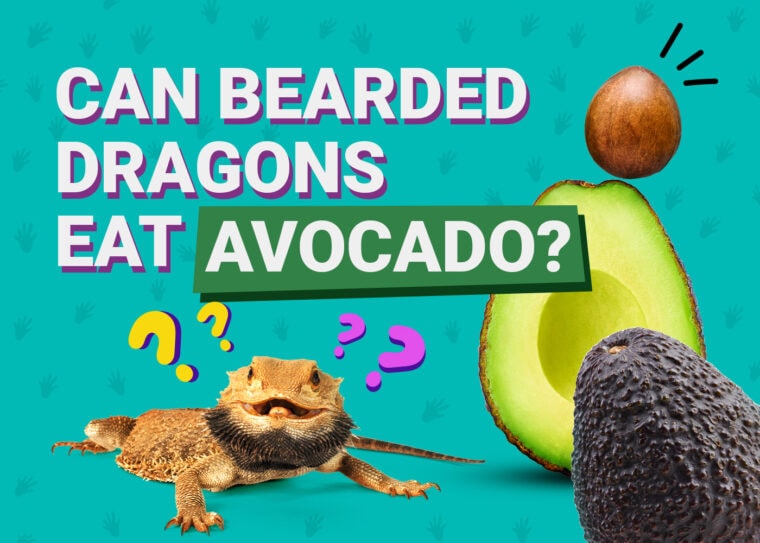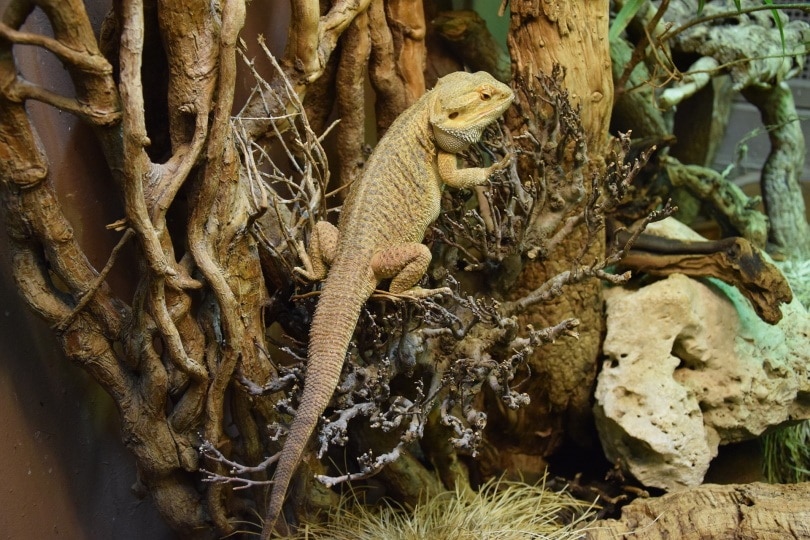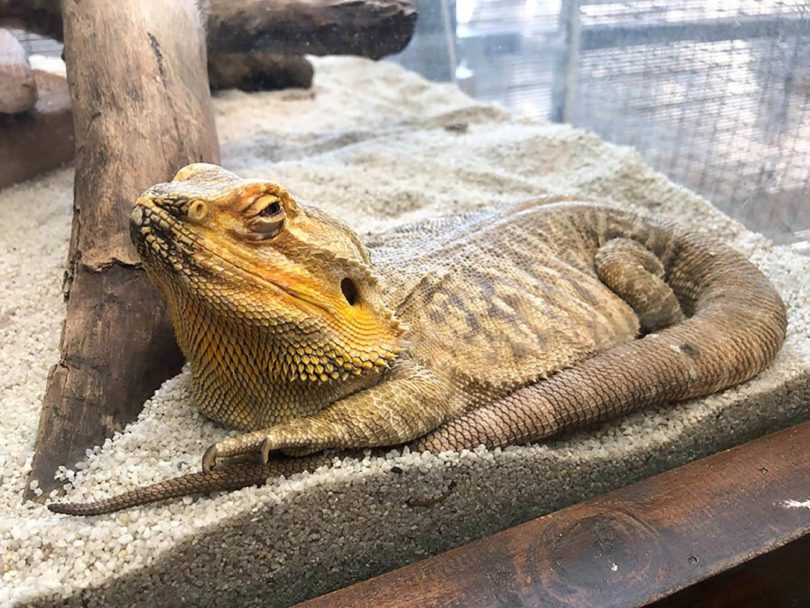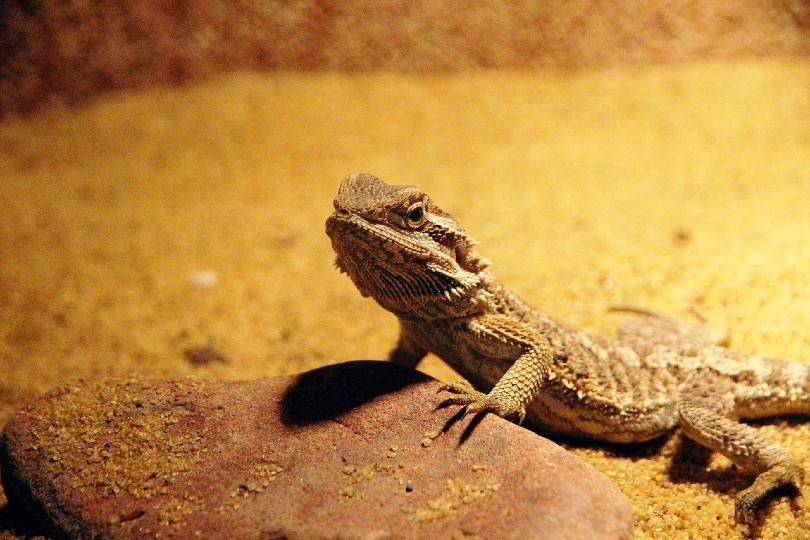
Bearded dragons are fascinating creatures! As the owner of a bearded dragon, you might wonder if there are fruits and vegetables in your pantry or fridge that your bearded dragon can safely consume.
Take avocado, for example. Avocados are popular fruits known for their trademark creamy texture and flavor. You might have some avocado in your home and be curious about its viability as a food item for your bearded dragon.
Unfortunately, you should not offer your bearded dragon avocado, as it is most likely toxic for them.
Why You Shouldn’t Offer Your Bearded Dragon Avocadoes
Avocados naturally possess a toxin known as persin. This toxin is present throughout the entirety of the avocado plant, including the fruit, leaves, stems, and seeds. The leaves of the plant contain the highest levels of the toxin. The purpose of this toxin is to keep the plant safe from various species of fungi. Within the fruit, the toxin leeches into the flesh from the seed.
In ripe avocados, the concentration of persin is generally low enough to where it is considered harmless for human consumption. However, avocados are toxic for many animal species, including the following:
Though specific studies haven’t been conducted on determining the toxic dose in reptiles, it is best to assume that avocado is toxic to them.
The amount of persin required to produce a toxic effect varies by species. Some species of animals (such as chickens and turkeys) seem more resistant to the effects of avocados when compared to others. Therefore, some reptiles (possibly herbivorous ones) might be more resistant to avocados than others.
However, veterinarians agree that it is not worth the risk to feed your bearded dragon avocados.

Persin Effects on the Body
Within the body, persin produces the following effects:
The primary mechanism of action which results in death is the loss of heart function.
Signs of heart function loss are apparent within 1–2 days of ingestion (depending on the dose). As heart function deteriorates, other signs, like the following, appear:
How Is Avocado Toxicity Treated?
There is no diagnostic test that can confirm avocado toxicity, and most cases of avocado toxicity are diagnosed based on the signs an animal presents and the history of possible avocado consumption. Veterinarians typically assume a presumptive diagnosis if all other possibilities are ruled out: these include the ingestion of other toxins or heart diseases.
Treatment of avocado toxicity isn’t specific. No medication can extract persin from the body, and veterinarians assess each case individually. Treatment is focused on controlling the signs of toxicity. For example, diuretic drugs might be used to assist with heart issues. Likewise, anti-inflammatory drugs might be used to combat inflammation, and oxygen therapy might be used for patients struggling to breathe.

What to Do if Your Bearded Dragon Eats Avocado
If you accidentally offer your bearded dragon some avocado, observe someone offering them avocado, or if you suspect a roaming pet might have ingested an avocado, immediately take them to your veterinarian.
You should not wait for any signs to present themselves prior to taking your pet to the veterinarian. In addition, you should not attempt to make your pet vomit at home, and you should not try to administer any medication in hopes of treating the toxicity by yourself.
Other Foods That Are Toxic for Bearded Dragons
In addition to avocado, you should keep these foods out of your bearded dragon’s reach
Please note that this list isn’t comprehensive. It is best to consult with your veterinarian to come up with a nutritional plan appropriate for your bearded dragon.
Conclusion
Avocado is likely toxic for bearded dragons and should be avoided for their safety. If you’ve suspected that your bearded dragon has consumed avocado, you should immediately take them to your veterinarian.
It is best to discuss your bearded dragon’s diet with your veterinarian to ensure that they’re eating safe and healthy foods in an amount that’s appropriate for them based on their individual requirements.









